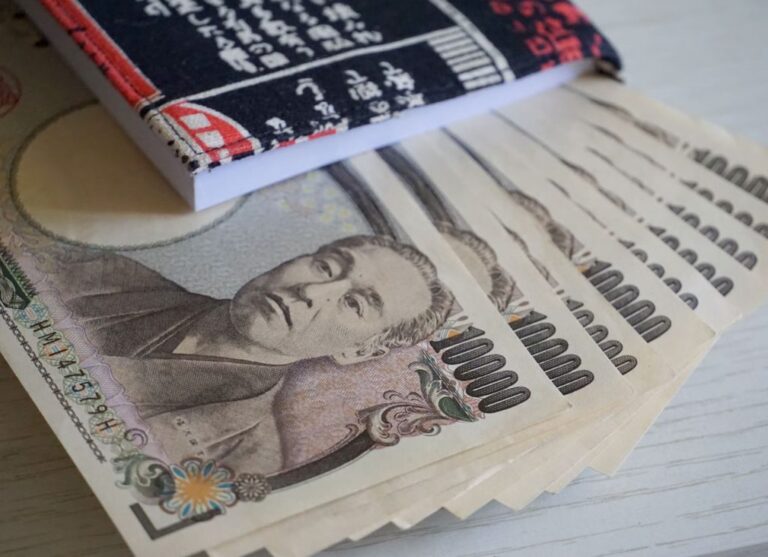
Morning Brief – Two-Speed Europe
It’s a phrase often linked to the two varying speeds of European integration between the core and periphery of the Union. Today, the most obvious mismatch within the EU is how quickly and severely post-pandemic inflation is affecting core versus peripheral economies. Monetary, economic, fiscal and political asymmetries have the capacity to create significant problems for the EU and smaller Eurozone. In fact, when concerns over an asynchronous EU or single currency area rise, it is usually a sufficient condition for the Euro and surrounding Central European independent currencies to fall in value. Both part of the EU’s Central European expansion of 2004, Hungary and Poland both still hold independent currencies (the Forint and Złoty respectively). They are experiencing levels of inflation far above the EU and Eurozone average last recorded at 5.1% and 4.4% respectively. This imbalance could start to put pressure on the Eurozone who could in turn even start to import inflation from its Central European neighbours.
The first thing to note about both the currencies of Hungary and Poland is that they maintain their discount picked up versus the Euro at the start of the pandemic. HUF and PLN have maintained this discount despite the fact that both economies are pro-cyclical with a high dependence upon primary resources and fossil fuels making them prime candidate on paper to benefit from the 2021 global reflation trade. Part of the reason for the enduring discount are stubbornly low interest rates when economies free of the Union have had to pursue monetary normalisation and even rate hiking rhetorics and strategies. As inflation continues to pervade through the economy, Hungarian Prime Minister Viktor Orbán still wants to keep rates low to facilitate lost growth ahead of the forthcoming election. Despite an admonition from the PM to the central bank Governor that any rate hikes should be ‘cautious and measured’ the Hungarian National Bank hiked rates 0.3% up to 0.9% suggesting it would carry on hiking each month – not terribly cautious and somewhat more convicted.
Whilst the two economies are not part of the Eurozone their economies are still a part of the EU and European System of Central Banks. Consider each economy of the EU or Eurozone a smaller or larger gear to the extent of its significance to the overall system. It’s size and speed at which it spins depends upon the mass and activity behind its economy at any given time. The Euro, and ECB alongside it, is the clutch that has to moderate the different speeds and momentum behind each gear to allow the entire EU economy to move forward. The faster those gears spin out of speed and the more they grow apart from each other the more stress and wear appear on the clutch. When markets see these pressures building their instinct is to get away from the Eurozone, EU and Euro altogether.
The outlook follows that if inflation remains elevated yet inflation expectations and data remain moderated then the normalisation of monetary policy in conjunction with high growth rates should serve to eliminate some of the discounts still present in peripheral European currencies including the Polish Złoty and Hungarian Forint. Provided these inflationary pressures are moderate and responsive to monetary tightening there is no need to anticipate excessive inflation being imported into the Eurozone with devastating consequence following two decades of ultra-cheap financing conditions. However, and particularly of note given both economies experience with hyper-inflation at the start of the millennium, if inflation expectations prove to be less well anchored and continue to rise, it could spell disaster for the Central European currencies themselves and costly for the Euro too.
Discussion and Analysis by Charles Porter

Click Here to Subscribe to the SGM-FX Newsletter
Related Insights

Morning Brief – Japanese Yen
Japanese Yen With JPY at a new 34 year low versus EUR, the market is set for an ambush by the Bank of Japan if it acts today at the end of their Policy Meeting to support the Yen. The reason that the market is susceptible is because it has convinced itself that the BoJ […]

Morning Brief – Coalition
Coalition This briefing is about South Africa and the Rand, which frequently proves to be one of the more divisive subjects within our roster of currencies. In particular, with the election looming, this will be about South African governance. Not from a political or human perspective about what may be the best long term outcome […]

Morning Brief – US Tariffs on Chinese Imports
US Tariffs on Chinese Imports Recently we wrote about how Mexico has become the Number One trade partner for the USA. It now transpires that Mexico may have had what is known as a little assist with their numbers: the statistics for the number of 20 foot shipping containers for the first three Quarters of […]



 Humphrey Percy
Humphrey Percy Charles Porter
Charles Porter